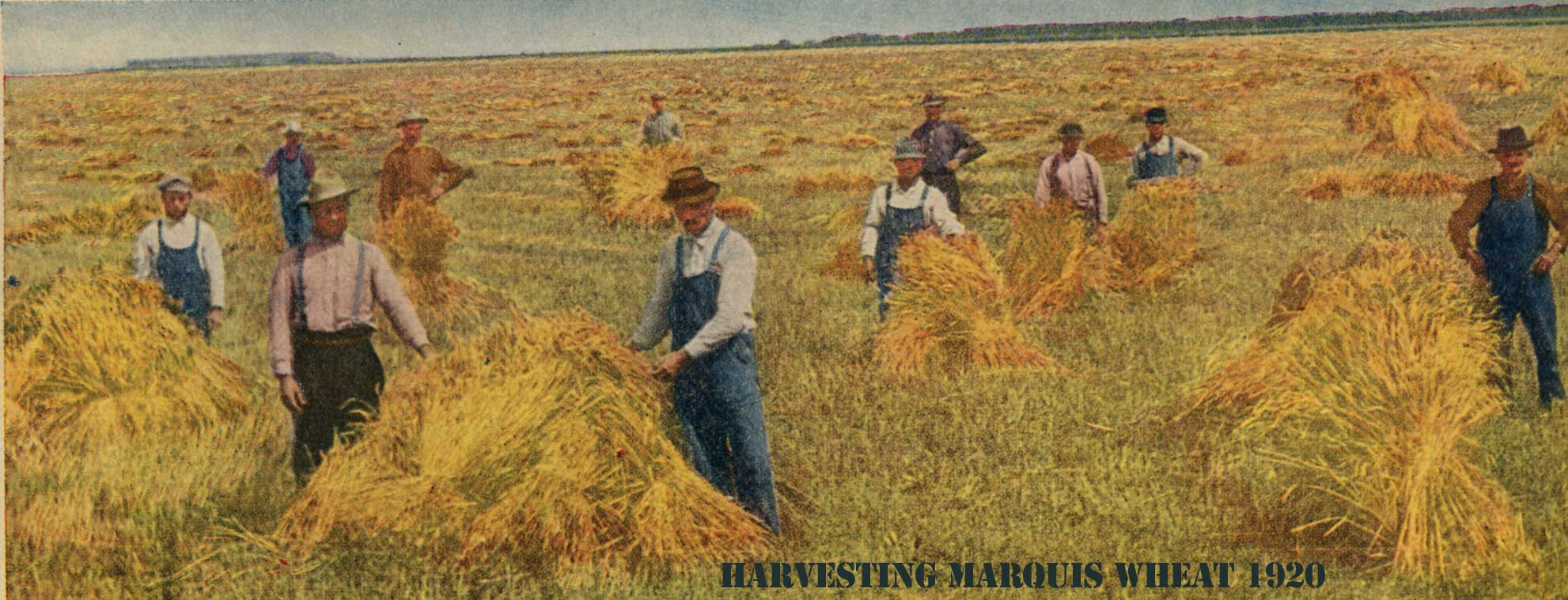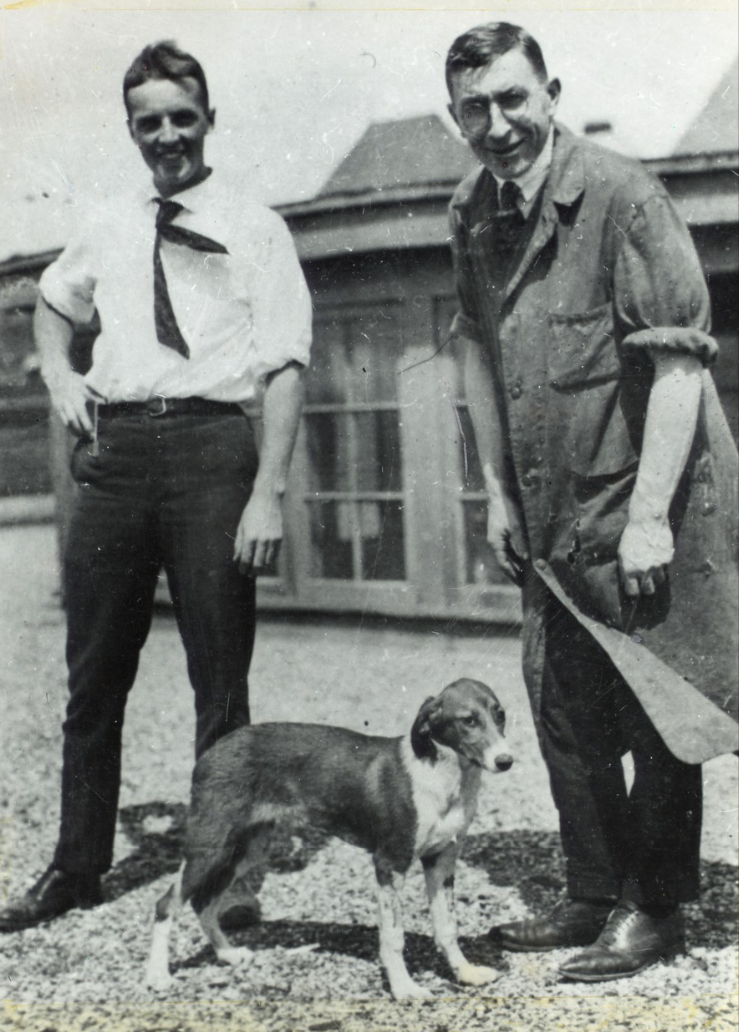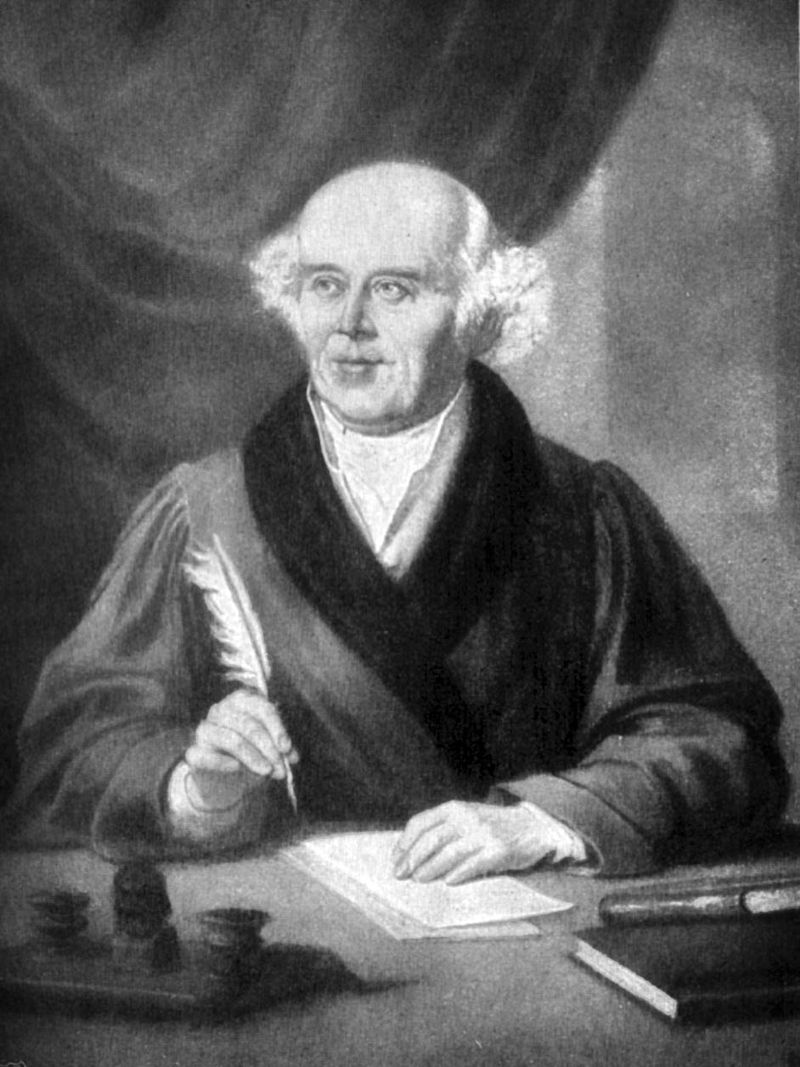How are medical discoveries made? In a previous post (“The Art of Scientific Discovery”), I looked at several models by which science has progressed A sharply focused, systematic pursuit led to the discovery of insulin. An accidental observation produced a drug to treat erectile disfunction. Those, and the other examples of medical advances described there involved more-or-less conventional approaches. But there’s an unconventional approach that appeals to people confronting difficult medical issues.… Read the rest “Medical scientists should not self medicate; except when they should”
discovering the truth
The Greatest Innovations and Breakthroughs ever
Early Press. Accreditation: Daniel Chodowiecki [Public domain]
This post is something original, in that it’s not original: it’s a link to an intriguing article published a few years ago, which came to my attention on Flipboard. The article was published in 2013 in The Atlantic, and was a compilation of the 50 “innovations that have done the most to shape the nature of modern life”(since the wheel). I sent emails which included an abridged version of the article to a number of people.… Read the rest “The Greatest Innovations and Breakthroughs ever”
THE ART OF SCIENTIFIC DISCOVERY
Charles Best and Frederick Banting, with one of their research subjects. University of Toronto Archives
This post describes some of the many pathways to scientific discovery. No single model applies to all discoveries, and most discoveries contain elements of different models. I will focus on the field I know best, biomedical research. Biomedical discoveries are usually, but not exclusively, the result of hypothesis- and curiosity-driven “small science”. In contrast, the first report of evidence for the Higgs Boson at the LHC in Switzerland listed over 2500 authors from some 180 institutions, and depended on the construction of a 5 billion dollar supercollider with an annual operating budget of one billion.… Read the rest “THE ART OF SCIENTIFIC DISCOVERY”
The Fading Memory of Water
Samuel Hahnemann, father of homeopathic medicine.
A paper published in the June 30, 1988 issue of the high-profile scientific journal Nature shocked the biomedical research world. Its anodyne title, “Human Basophil Degranulation Triggered by Very Dilute Antiserum Against IgE”, probably didn’t cause any non-scientists to choke on their breakfast cereal. But in the eyes of the mainstream scientific world, the article made a radical claim: Pure water, admittedly with a special history, could generate an immune reaction in a test tube.… Read the rest “The Fading Memory of Water”
Using Numbers Instead of Adjectives to Evaluate an Economic Decision
(Updated December 6, 2023)
The discovery of oil in the province of Alberta in 1947 soon led to the desire to transport it to the west coast of Canada, and in 1953 oil began to flow through a pipeline built by the Trans Mountain Pipeline Company (route of all pipelines discused in this post in red on the map above). The pipeline took oil from Edmonton, the capital of Alberta, over the Rocky Mountains, to Vancouver on the coast of British Columbia.… Read the rest “Using Numbers Instead of Adjectives to Evaluate an Economic Decision”
The big fat myth
Tens of thousands of grocery store items play up the fact that they are “reduced-fat”, reflecting both the government’s advice about eating less fat, and our concerns about becoming overweight or obese. Our food-shopping habits have changed over the past fifty years, as warnings were posted by the American Heart Association, Department of Agriculture Food Guides, and other agencies that became alarmed at the risk posed by fats, particularly of the ‘saturated” type, for heart disease and other medical problems.… Read the rest “The big fat myth”
The Great Common Sense of SEWTHA
The acronym SEWTHA stands for the title of the book ‘Sustainable Energy: Without the Hot Air’, written by the late Sir David MacKay (above, on his bike), who was a physicist profoundly interested in the energy future of the world. In SEWTHA, he uses the physicist’s toolkit to analyze how much energy we use, how we obtain it, and, most importantly, how we can replace our current use of fossil fuels with sustainable energy sources.… Read the rest “The Great Common Sense of SEWTHA”
Unexpected link between cheese consumption and lung cancer
Updated!
A surprising link has been uncovered between cheese consumption and deaths of women from lung and bronchial cancer. This link is entirely unexpected: doctors had not previously noticed this association. Cheese contains quite a lot of fat, which does apparently have a link to certain cancers, such as breast and bowel cancers. But there hasn’t previously been an association of cheese consumption and lung cancer.
The correlation between lung cancer and cheese production
The data showing the production of cheese in the USA between 1975 and 1995, and the age-adjusted deaths of women from lung cancer are in the following graph (1):
The correlation is striking.… Read the rest “Unexpected link between cheese consumption and lung cancer”








